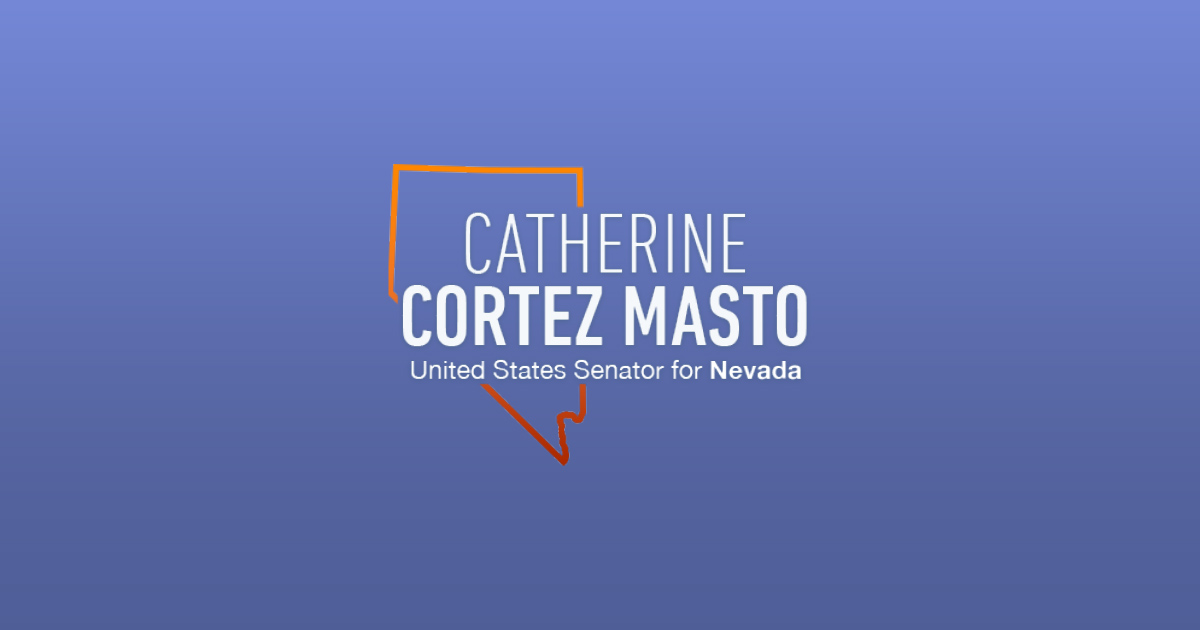Source: United States Senator for Louisiana Bill Cassidy
Ranking Member Cassidy Seeks Answers from Julie Su on Alarming Status of Labor Dispute at West Coast Ports
WASHINGTON – Today, U.S. Senator Bill Cassidy, M.D. (R-LA), ranking member of the Senate Health, Education, Labor, and Pensions (HELP) Committee, raised concerns to Department of Labor (DOL) Acting Secretary Julie Su regarding the stalled labor negotiations at West Coast ports, which have resulted in work stoppages and decreased productivity that has exacerbated the nation’s supply chain issues. Every year, West Coast ports provide nearly $2 trillion in total economic value. Currently, Ms. Su’s nomination for the Secretary of DOL is being considered by the U.S. Senate.
For more than a year, the International Longshore and Warehouse Union (ILWU) and the Pacific Maritime Association (PMA) have been negotiating a new collective bargaining agreement for dockworkers at West Coast ports. On June 6th, the railroad company Union Pacific temporarily paused all U.S. exports due to the empty containers at the Los Angeles and Long Beach ports. This comes as the Port of Seattle removed union members from working on shipping vessels last week due to low productivity. Additionally, the Port of Tacoma is currently operating at 50 percent capacity due to the failure of workers to meet the 30-turn-an-hour standard productivity mark.
When asked about the status of the West Coast ports negotiations at a House Education and the Workforce Committee hearing on June 7th, Ms. Su testified that she was in communication with both sides and that “cargo continues to move at the West Coast ports and workers continue to show up and do their job.”
“…[Y]ou testified on June 7 that ‘cargo continues to move at the West Coast ports and workers continue to show up and do their job,”’ wrote Dr. Cassidy. “Your statement misleads the American people, as it fails to acknowledge the delays in processing cargo traffic. The West Coast ports situation has real-life ramifications that resulted in a June 6 temporary pause of all U.S. exports by a railroad company due to the empty containers at the Los Angeles and Long Beach ports.”
“As President Biden’s nominee to serve as the next Secretary of Labor, you have repeatedly claimed you are qualified to assist in labor negotiations, despite having no clear track record of working with labor and management to end labor disputes,” continued Dr. Cassidy. “Given the economic impact of these ongoing delays it is imperative that you specifically outline how you intend to facilitate a final agreement by all parties.”
Read the full letter here or below.
Dear Acting Secretary Su:
Unionized dockworkers in the ports of Los Angeles, Long Beach, and the Port of Seattle have engaged in activity aimed at slowing cargo efforts.[1] Last week, the Port of Seattle removed union members from working on shipping vessels due to low productivity.[2] The Port of Tacoma is operating at 50 percent capacity due to the failure of labor to meet the 30-turn-an-hour standard productivity mark.[3] The parties have been engaged in negotiations for more than a year. Progress has reportedly been made, but the work stoppages continue to disrupt the nation’s supply chain.
According to a 2022 National Association of Manufacturers report, the main economic impacts of work stoppage at the ports would be export loss, import delays and higher costs, and reduced purchasing power for consumers.[4] This is alarming given the historically high inflation American families are experiencing as a result of the Biden administration’s policies. The West Coast ports traditionally provide nearly $2 trillion in total economic value.[5]
The situation has deteriorated to such an extent that retailers and manufacturers have urged the White House to help the parties, with one association “imploring” the White House to intervene.[6] As the country draws closer to peak shipping season for the holidays, additional disruptions will continue to force retailers, manufacturers, and other important shipping partners to continue to shift cargo, causing supply chain concerns that could rise to the level of December 2021 shipping issues associated with the COVID-19 pandemic. During the 2021 holiday season, as a result of supply chain challenges, consumers received 250 percent more out-of-stock messages compared to pre-pandemic levels and a 325 percent increase compared to the same frame in 2019.[7] At the same time, dozens of container ships, containing an estimated $24 billion in goods, waited outside of the Port of Los Angeles and the Port of Long Beach until they could be properly offloaded.[8]
As President Biden’s nominee to serve as the next Secretary of Labor, you have repeatedly claimed you are qualified to assist in labor negotiations, despite having no clear track record of working with labor and management to end labor disputes. In your April 20, 2023, nomination hearing before the Senate Health, Education, Labor, and Pensions Committee, you testified in response to a question regarding the status of the negotiations “I did recently impress upon them the urgency of the issue, and I am pleased that they have made real progress that has been announced.”[9] Yet, more than a month later the West Coast ports are experiencing work stoppages, retailers are not receiving their products, and the supply chain is once again in peril.
In response to questions from Representative Michelle Steel (R-CA), you testified on June 7 that “cargo continues to move at the West Coast ports and workers continue to show up and do their job.”[10] Your statement misleads the American people, as it fails to acknowledge the delays in processing cargo traffic. The West Coast ports situation has real-life ramifications that resulted in a June 6 temporary pause of all U.S. exports by a railroad company due to the empty containers at the Los Angeles and Long Beach ports.[11] There are even reports of Honolulu residents stocking up on household essentials like toilet paper due to concerns over delayed shipments.[12]
Given the economic impact of these ongoing delays it is imperative that you specifically outline how you intend to facilitate a final agreement by all parties. Please answer the following questions, on a question-by-question basis, by close of business on June 26, 2023.
- What is your current understanding of the issues that are occurring on the ground? What is the date of your last in-person visit to the West Coast ports? Please provide a full accounting, including phone calls, in-person meetings and virtual discussions between the sides involved in the West Coast ports negotiations since your arrival at DOL.
- How do you intend to assist the parties in reaching a resolution on the outstanding issues?
- In your testimony before the House Education and the Workforce Committee you claimed your involvement in the negotiations began “a couple months ago.” What triggered your involvement in the negotiations? Do you consider your involvement to have been successful? What is the extent of your involvement?
- What discussions, if any, have you held with your counterparts at the Departments of Commerce and Transportation on the issue of West Coast ports? When did these discussions take place?
- Has the President tasked you with resolving this labor dispute? If so, what is your plan to find resolution and report back to the President?
- Will you encourage the President to sign a Taft-Hartley injunction to bring this work stoppage to an end?
- Has the Department of Labor assessed the economic impact a disruption at the West Coast ports will have on the U.S. economy? If not, why not? If so, will this information be made publicly available? If not, why not?
Thank you for your attention to this matter.
###






